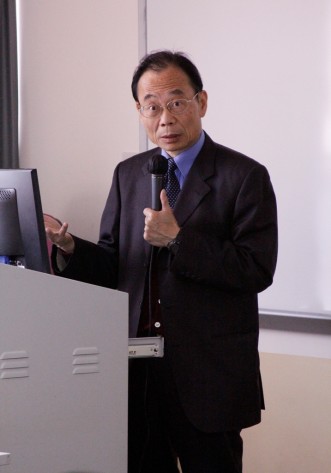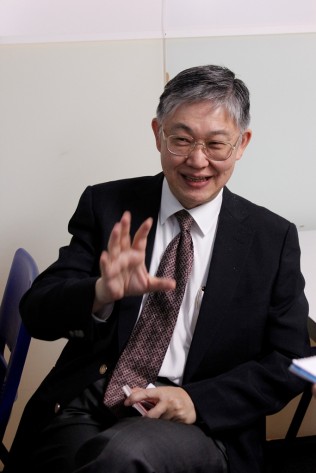Lingnan University survey: Hong Kong people slightly happier than last year despite significant drop in satisfaction with public policy and living environment
Satisfaction with the quality of public policy has fallen markedly from last year’s 4.77 to 4.14 on a scale of 0 to 10. Also declining noticeably is satisfaction with the living environment from 6.03 to 5.75. Overall, only healthcare generated a satisfaction score of 6 or above. The media is also deemed to be unsatisfactory, with a rating of 5.10, about the same as last year.
Work pressures, excessively long hours, and financial pressures continue to be important causes of unhappiness among Hong Kong people. According to the survey results, low-income families are generally less happy than those better off. The lowest happiness score, at 65.31, goes to those who report family incomes between $1 and $9,999 per month. Those reporting family incomes at $40,000 or above report the highest happiness at 73.3.
As in previous years, females continue to command a premium over males in happiness, and older people tend to be happier. Those who take success to mean realising one’s potential through one’s best effort and those who score high in a sense of balance and those with a strong sense of purpose in life score high on Insight and tend to be happy.
Four key determinants of happiness, namely Love, Insight, Fortitude and Engagement (LIFE) have been surveyed since 2008. Happily for Hong Kong, the Love score has continued to climb, rising to a historic high of 8.50 from last year’s already impressive 8.10. Also rising noticeably are Insight (up 0.19 point to 7.15) and Fortitude (up 0.24 point to 7.68, also a historical high), while Engagement stays at more or less the same level.
Highest income families are the happiest
This year the happiness index for all those with household incomes below HK$10,000 per month declined over 4.5% year-on-year. The greatest jump in the happiness index is seen in the HK$30,000 to HK$39,999 group. (Please see Table 2 in Appendix) This reversed the rather big decline registered last year. It should be noted that these income groups do not retain the same composition from year to year. This year’s $30,000 to $39,999 earners probably include some employees who have been promoted in the past 12 months.
Financial stress is another key factor for unhappiness. Families with lower incomes but no financial pressure are likely to be happier than those with higher incomes but also heavy financial burdens.
Long working hours and pressures from work drain happiness
Housewives and retirees are generally happier than full-time workers or students. The unemployed are the least happy, with their happiness index at 5.95, representing a significant drop from last year. With the unemployment rate falling to new lows in recent years, those who still fail to find work are the most frustrated. Respondents who reported their working hours of 60 or more hours per week are the least happy, with a happiness index at 6.66. As in last year, over 40% of the sampled workers work in excess of 50 hours per week.
Marriage and Happiness
Married people appear to be happier than unmarried people, but the marriage premium tends to diminish for older people.
Enclosed: Full report of “Hong Kong Happiness Index Survey 2013”
About the Hong Kong Happiness Index Survey
Designed and conducted annually by the Centre for Public Policy Studies (CPPS) of Lingnan University since 2005, the Hong Kong Happiness Index Survey is a systematic study of the happiness of Hong Kong residents and reports the overall average happiness index on a scale of 0-100. Since 2008, the Survey also includes questions on Love, Insight, Fortitude and Engagement, which are key elements of “mental capital” that help produce the “mental goods” that are essential to happiness.
Prof Ho Lok-sang, Director of the Centre for Public Policy Studies, would like to thank the Shih Wing Ching Foundation for its continued support to the survey this year.
About the Centre for Public Policy Studies, Lingnan University
The Centre for Public Policy Studies (CPPS) of Lingnan University was established in 1994. Apart from in-house research, the CPPS offers support for public policy research among Lingnan’s researchers and conducts commissioned projects on various aspects of public policy.



